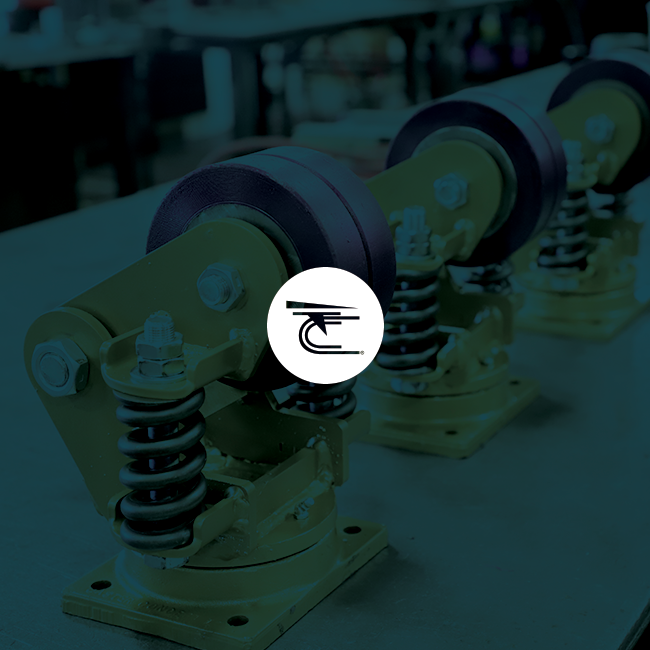

Quick response manufacturing, more commonly referred to as QRM, is important in many different industries, sectors, and niches. In the industrial caster sector, it allows companies just like Caster Concepts to provide exceptional value to its customers and enjoy an exciting level of success. Below are some of the reasons why QRM is so very important within the industrial heavy duty caster sector.
Some industries, including foodservice and textiles, are important to almost every single consumer in the country. Others, like industrial casters, are important only to a very select and niche group of clients who rely on those products to keep their operations up and running. QRM is a series of tools designed to help eliminate wasteful practices in specialized industries where things like redundant processes and excessive wait times are commonplace.
This is true of the industrial caster sector, particularly for companies like Caster Concepts who design, manufacture, and test custom casters for all sorts of applications. In many cases, the end product is a caster unlike any other in existence, which is about as specialized as an industry can get. By following QRM practices, it is possible to create that caster far more quickly and add value for customers. In turn, a customer who receives a high-quality product that is perfect for his or her needs is more likely to order again or even recommend that company to friends, family, and colleagues.
Though there are entire college courses dedicated to QRM, it’s relatively simple to sum it up. At the end of the day, companies that use QRM in their everyday operations have discovered that they don’t have to work more hours, they don’t have to hurry, and they don’t have to work even harder to do a good job. Instead, they spend some of their time thinking of new, innovative ways to do the same job in less time without sacrificing quality, safety or value.
Most companies have never been taught to focus on lead time, surprisingly enough, because they cannot fully grasp the amount of waiting that really occurs in the manufacturing industry. Instead, they try to find ways to reduce the processing time, or the time the product spends being crafted, assembled, and/or packaged. This can be detrimental since focusing only on processing time – which makes up about 5% of the overall lead time, on average – leaves 95% of the lead time completely unaccounted for and puts the individuals who are responsible for the item or order for that 5% of the time under a great deal of unnecessary stress.
QRM is an important part of managing a company that deals in highly specialized products turned out at relatively low volumes. It reduces the time spent waiting for an order to complete by ensuring that every single process is perfectly optimized, including not only the major production process, but also any back-end processes like accounting and billing, as well. When lead times are reduced, customer satisfaction, revenue, and company success soar.